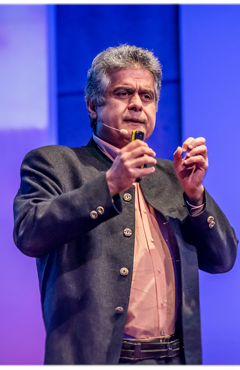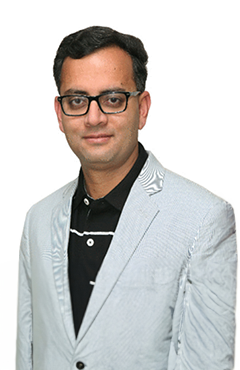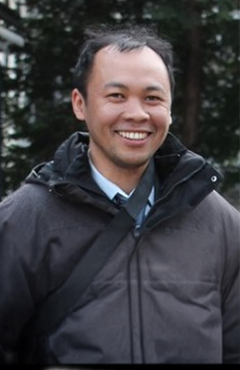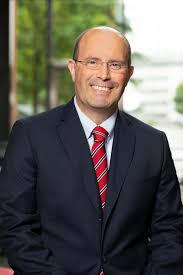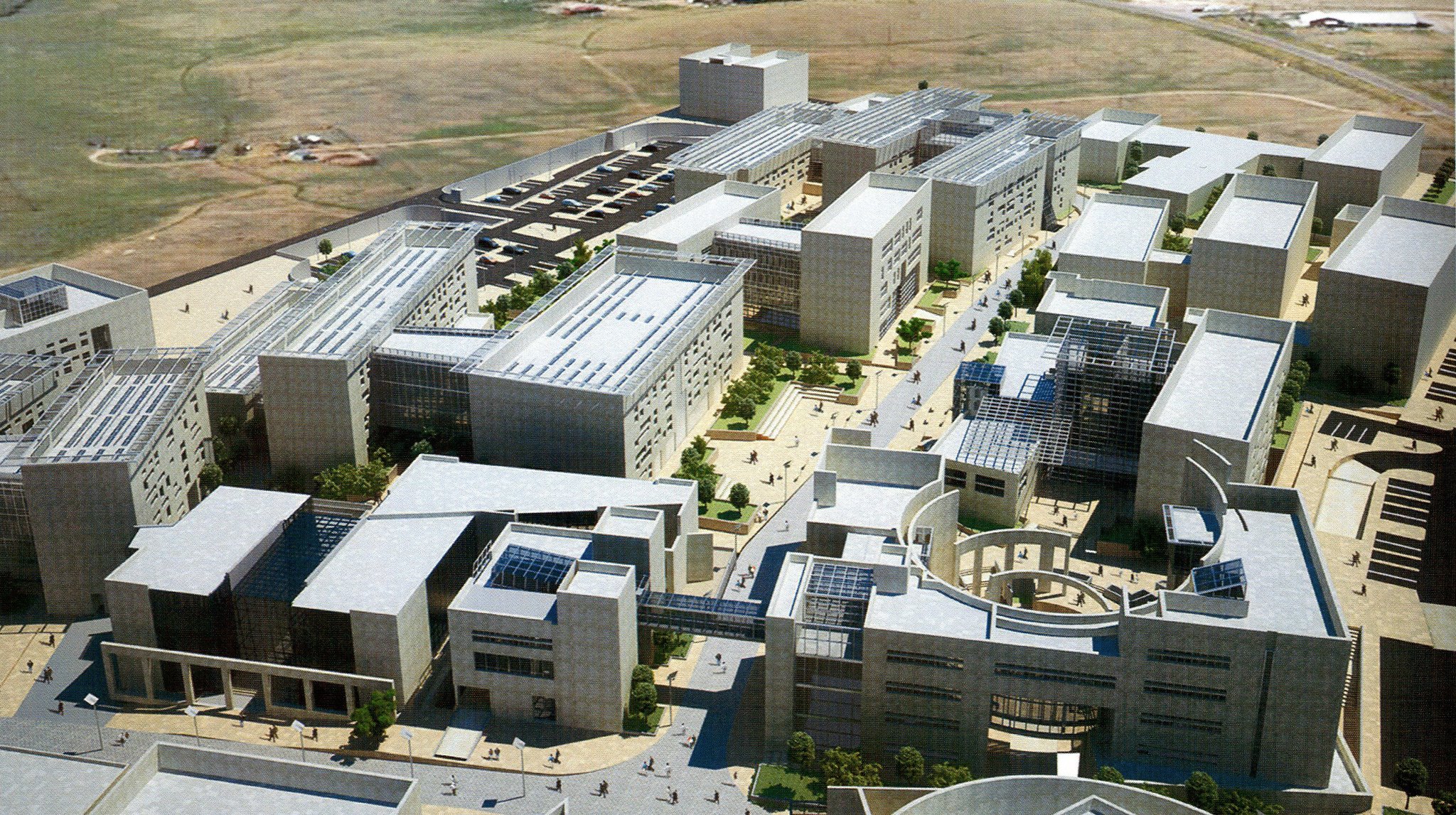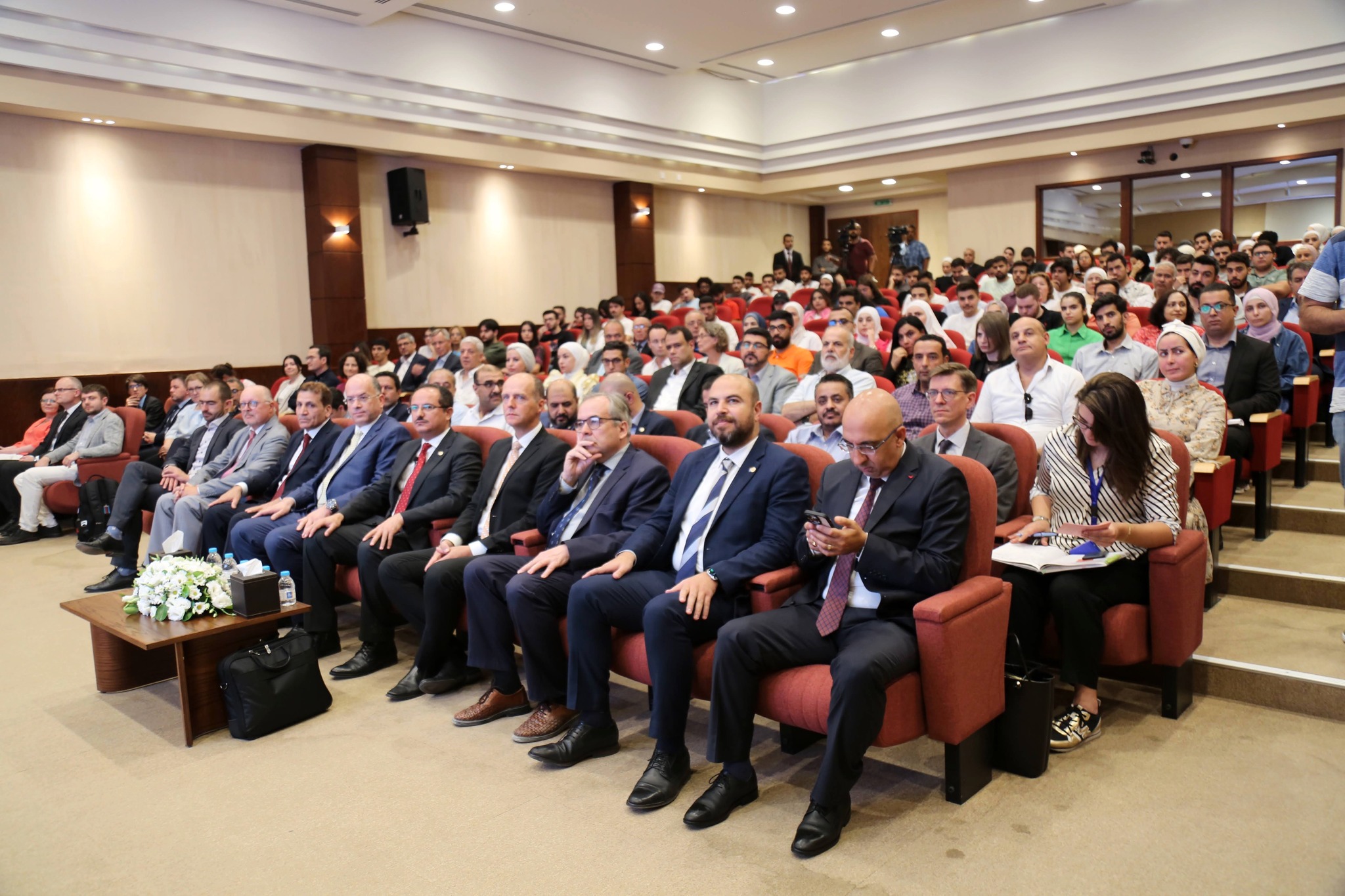- Dead Sea, Jordan
- Sep 24th – Sep 26th, 2024
- rem2024@gju.edu.jo
24-26th September 2024, Dead Sea, Jordan
We kindly invite you to participate in the 22nd International Conference on Research and Education in Mechatronics (REM 2024). For the first time in its history, the conference is hosted by the German Jordanian University and will be held Tuesday to Thursday, September 24 – 26, 2024 in Dead Sea, Jordan at the King Hussein bin Talal Convention Centre managed by Hilton.
REM is the annual conference of the German Mechatronics Association (DGM). The conference is promoted by DGM and supported by the German University Consortium for International Cooperations (DHIK) with the goal to stimulate the exchange of experiences in Mechatronics research and education. REM 2024 scientific program will include keynote addresses, panel discussions, presentations by internationally renowned researchers, and contributed papers emphasizing all core areas of mechatronics engineering.
Submit your full paper and participate in the International Conference on Research and Education in Mechatronics REM 2024! Accepted papers will be submitted for inclusion into IEEE Xplore subject to meeting IEEE Xplore’s scope and quality requirements.
We look forward to seeing you in REM 2024!



CALL FOR PAPERS
The International Conference on Research and Education in Mechatronics (REM) is the annual conference of the German Mechatronics Association (DGM) since 1999. REM is promoted by DGM and supported by the German University Consortium for International Cooperations (DHIK) with the goal to stimulate the exchange of experiences in Mechatronics research and education.
The 22nd REM is hosted by the German Jordanian University (GJU) and will be held Tuesday through Thursday, September 24 – 26, 2024 in Dead Sea, Jordan at the King Hussein bin Talal Convention Centre managed by Hilton. The third day of REM 2024 will also include a social program for the participants to learn more about Jordan. All papers will be peer reviewed by at least three reviewers based on full paper submission. Accepted papers will be published in the conference proceedings, indexed in SCOPUS, and will be submitted for inclusion into IEEE Xplore Digital Library subject to meeting IEEE Xplore’s scope and quality requirements.
Join the 22nd International Conference on Research and Education in Mechatronics (REM 2024)
in Dead Sea, Jordan
TRACKS AND TOPICS
The Topics Of The Conference Includes
Registration
Author Registration
Author Rate |
450 Euros |
|
IEEE Member Author Rate |
400 Euros |
|
Student Author Rate |
200 Euros |
|
IEEE Student Member Author Rate |
150 Euros |
|
One extra paper (but same author and a maximum of two papers per non-student author) |
Half Rate |
|
Extra Page (Beyond 6 pages and up to additional 2 pages) |
50 Euros |
|
- The author rates cover registration for one paper and one author attendee.
- An author registration also entitles the attendee to receive one copy of the Proceedings, two Lunch Tickets and one Gala Dinner Ticket.
- Student Authors are authors who are undergraduate or graduate students. In order to enjoy this rate, the student must provide a proof that he/she is a student.
- For the extra paper, the additional registration fee is half the rate of the registered author. This additional fee applies to the same author that registered at any of the above non-student rates and does not cover additional attendees. In this case, the register author must be author in both papers.
- Although not encouraged, authors can have papers longer than 6 pages, but not exceeding 8 pages. Each of the extra two pages costs 50 Euros.
Attendee Registration
Attendee Rate |
250 Euros |
|
IEEE Member Attendee Rate |
200 Euros |
|
Student Attendee Rate |
150 Euros |
|
- An Attendee registration entitles the attendee to receive one copy of the Proceedings, two Lunch Tickets.
- Students Attendees should be prepared to show their student identification card at the conference on-site registration desk.
Refund and Cancellation Policy
A 50% refund fee applies to all cancellations before the Registration deadline |
|
There is no cancellation (0% refund) after the Registration deadline. |
|
Registration Instructions
Step 1: Obtain an EDAS account.
Please obtain a username and password from the on-line submission system EDAS . This can be done in one of two ways:
- If you have used the EDAS system previously, for this or any other conference, then you already have an account on the system. Thus, there is no need to create a new account. Simply use your existing account. Your username will be your email. If you cannot remember your password, then ask EDAS to reset it to you by following the link EDAS RESET PASSWORD .
- If you are a new user of the EDAS system then create an new account by following the link NEW EDAS ACCOUNT .
Step 2: Log in to the Registration Site.
Go to the Registration Site by following the link: Conference Registration .
- Log in to the site using your EDAS username (your email) and password.
- If you are an author of an accepted paper, then you should log in to your EDAS account and click the “Registration” icon next to your accepted paper.
- In both cases, you will be presented with a list of available registration types/events/items that you can select from.
- Make your choices by clicking on the “Register” icon next to each of your chosen items. As you click, you will notice that your chosen items are listed at the bottom of the page.
Payment Methods
Once you have completed the selection of your registration item(s) on EDAS, then go to the bottom of the registration page and click on the payment method. Only credit/debit card payments are accepted. Other payment options such as wire transfer and PayPal are not acceptable.
Credit card payment
When you select this type of payment you will be presented with a Credit Card payment form. Please fill in the requested information and click on “Pay for registration”.
KEYNOTE SPEAKERS
(In Progress)IMPORTANT DATES

Paper Submission Deadline
31/3/2024 28/4/2024 26/5/2024 23/6/2024 Extended to: 7/7/2024
Review Decision Notification
21/7/2024

Final Submission Deadline
4/8/2024

Author Registration Deadline
4/8/2024

Attendee Registration Deadline
1/9/2024
CONFERENCE BOOKLET
The conference booklet that contains the program and all other details about the accepted papers
LATEST NEWS
Will Be Announced
Our Partners
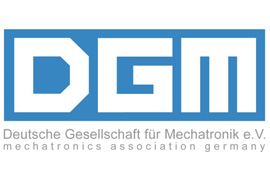


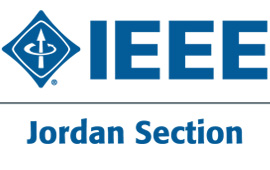

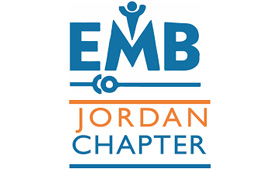
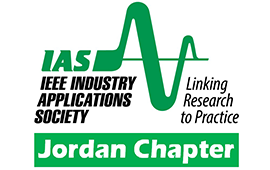
Our Sponsors
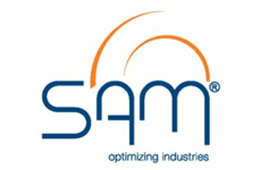
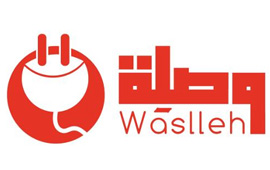
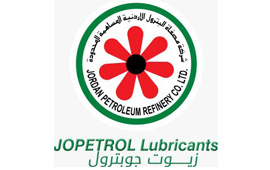
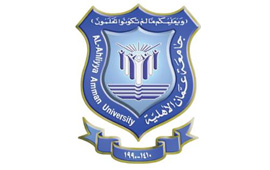
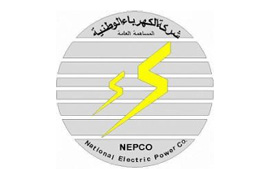

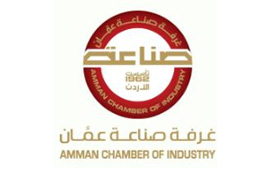
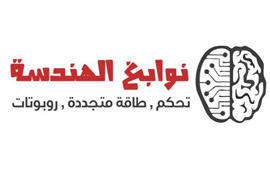
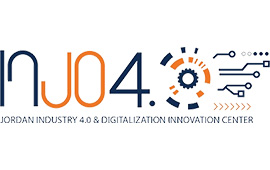
Technical Co-Sponsorship


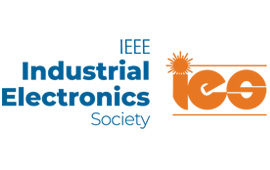

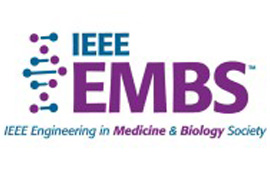
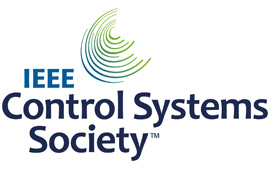
OUR UNIVERSITY
The German-Jordanian University (GJU) is a public university located in Mushaqar. It was founded in 2005 by a Royal Decree, in accordance with a memorandum of understanding reached between the Ministry of Higher Education and Scientific Research of the Hashemite Kingdom of Jordan and the Federal Ministry of Education and Research of the Federal Republic of Germany. In August 2004, a founding committee began up its activities in Jordan. The committee was in close cooperation with the Ministry of Higher Education and Scientific Research. At the same time, the German planning office opened at the University of Magdeburg-Stendal in close cooperation with the Federal Ministry of Education and Research BMBF and the German Academic Exchange Services DAAD, which funded the university project for a period of four years.






